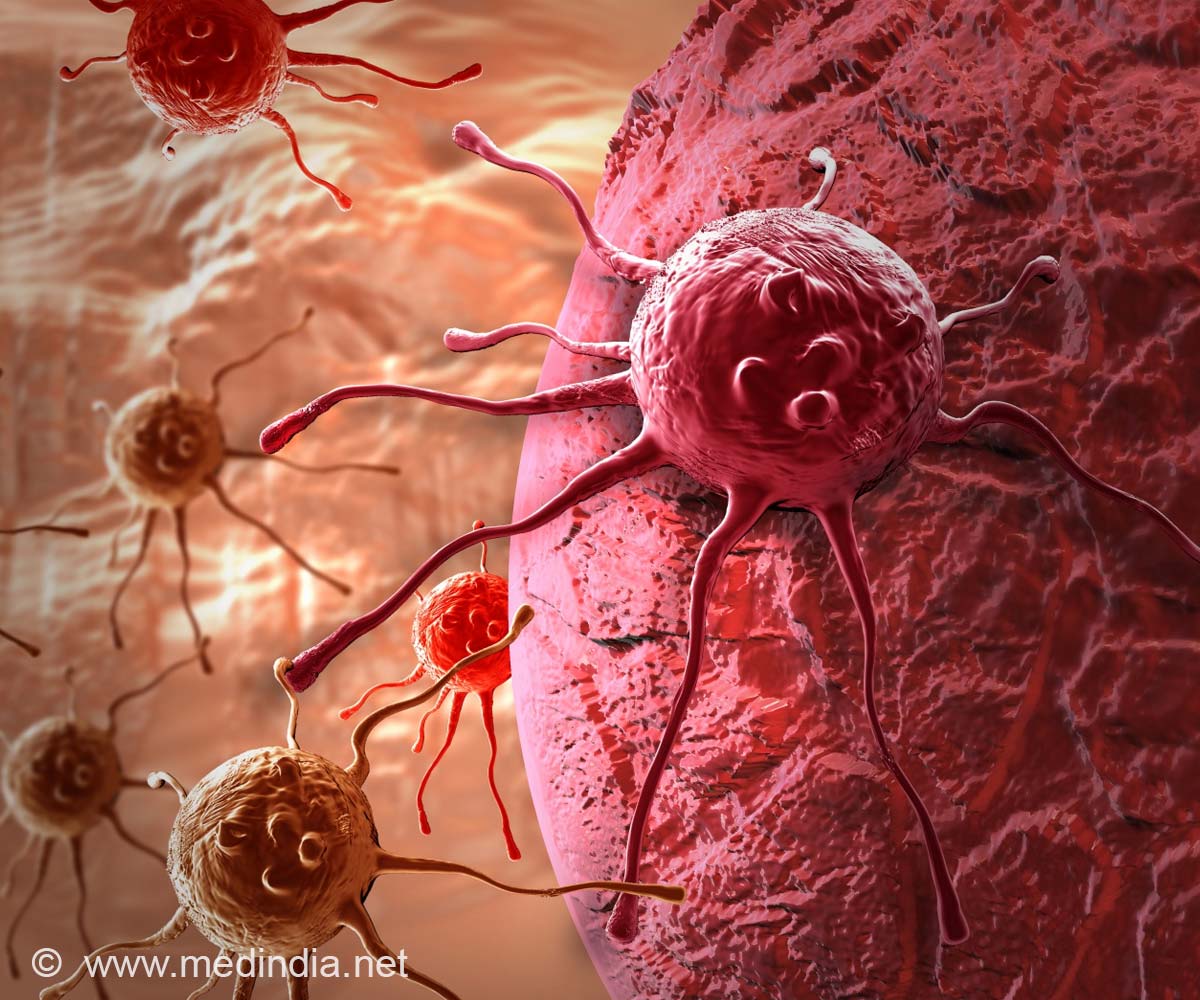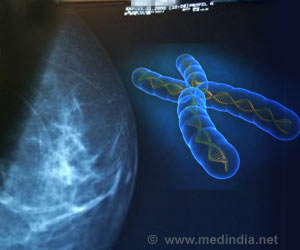Breast cancers can have a range of responses to estrogen-lowering drugs. Reducing estrogen levels in estrogen-receptor-positive breast cancer changes the genetics of the tumor.

‘The gene mutations present in the tumors before and after treatment are different. It is important to reevaluate the tumor before surgery to determine how the tumor may have changed in response to the therapy.’





The study was conducted by researchers at The McDonnell Genome Institute at Washington University School of Medicine in St. Louis and Baylor College of Medicine. "Estrogen-receptor-positive breast cancers are not created equal," said co-senior author Elaine R. Mardis, PhD, the Robert E. and Louise F. Dunn Distinguished Professor of Medicine and co-director of the McDonnell Genome Institute. "Each woman's disease can have a range of responses to estrogen-lowering drugs. This study demonstrates that reducing estrogen levels in estrogen-receptor-positive breast cancer changes the genetics of the tumor, and these changes may be important for deciding how best to treat a patient after the surgical removal of the tumor."
Twenty-two breast tumors before and after four months of treatment with aromatase inhibitors were analyzed. Aromatase inhibitors are drugs commonly given to post-menopausal women with breast cancer. The ovaries do not produce estrogen after menopause and aromatase inhibitors block the body’s remaining production of the hormone. Aromatase inhibitor treatment reduces the size of breast tumor before it is surgically removed and the therapy has been shown to improve long-term outcomes for patients.
"In the post-treatment tumor samples, we found many new mutations or enrichment of mutations already seen in the pre-treatment samples," said co-senior author Matthew J. Ellis, professor, and director of the Lester and Sue Smith Breast Center at Baylor. "This means that under the environmental stress of the treatment, the tumors are spawning new sub-clones that subsequently can survive and grow despite therapy, and that is why we are having difficulty, in the end, treating estrogen-receptor-positive breast cancer. We found this result in the majority of tumors we studied."
Of the 22 tumors analyzed, 18 had complex genetic landscapes and dynamic responses to hormone deprivation therapy. The gene mutations present in the tumors before and after treatment were different. Certain mutations present in 92 percent of the initial tumor were totally absent in samples taken after four months of aromatase inhibitor therapy.
Advertisement
One tumor had a complex but stable genetic landscape, and it was largely unchanged by aromatase inhibitor treatment. Another tumor had simple and stable genetics before and after the treatment. Two patient samples indicated evidence of two independent but intertwining tumors with separate genetic origins.
Advertisement
"Our study also demonstrated that even single tumors can evolve in response to therapy very quickly," Miller added. "This suggests that sequencing a tumor at diagnosis is not enough. Periodically scanning a tumor's genome to understand how it is changing may ultimately help us evolve our treatment strategies to match."
The study also reinforced past research suggesting that mutations in a gene called ESR1 are associated with resistance to aromatase inhibitor therapy, but the analysis did not identify any new genes that may also be responsible for conferring resistance to these drugs.
The study is published in the journal Nature Communications.
Source-Medindia














